Hands-on with Ford’s co-pilot: can tech take the stress out of driving?
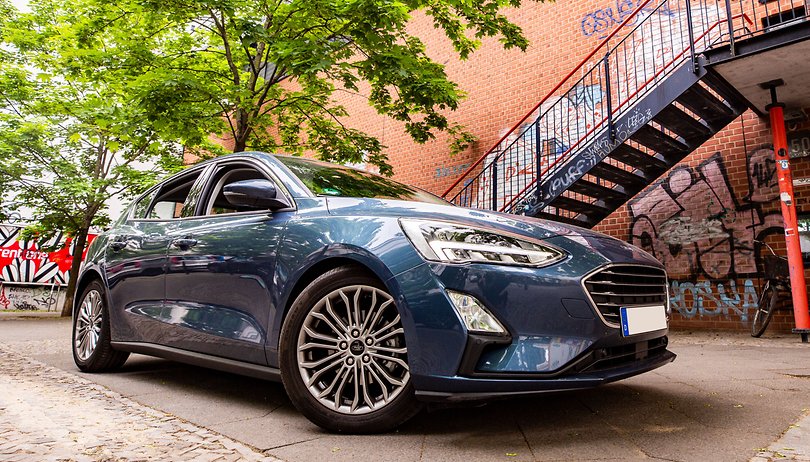

Cars are getting smarter, more connected, and more feature rich. The modern Infotainment system has to be able to do more than navigate you to your destination and change the radio station.
The car I tested was a Ford Focus Titanium 1.5-l EcoBlue, 88 kW (120 PS), with an 8-speed automatic transmission. If you plump for the model and specs tested here, it’ll cost you 35,180 euros ($39,350) in Germany.
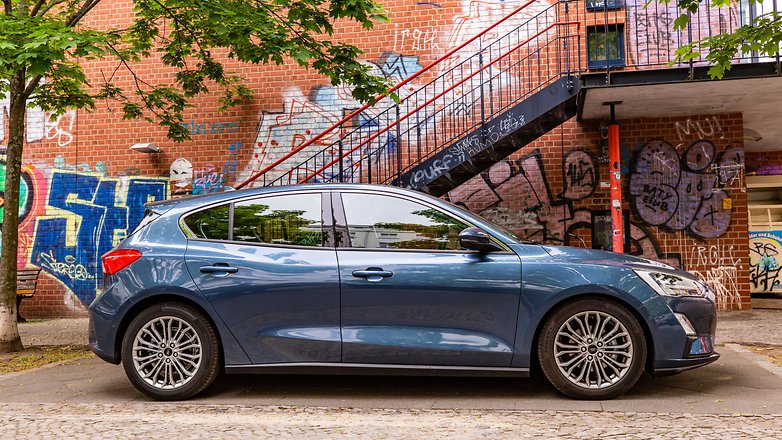
Ford Co-Pilot360
Ford has got its own co-pilot technology to assist you on the road. It’s called Co-Pilot360, and uses a range of sensors and software to give drivers “more confidence on the road”. The system can be broken down into several different areas of assistance.
Lane-Keeping System
The feature I was most excited to try out was the rather wordy ‘Adaptive Cruise Control with Stop and Go and Lane Centering’ (ACC). The idea sounds great on paper. Sitting in slow traffic can be a drag, especially when you have to stop and start, edging closer to a set of traffic lights. With Ford’s ACC, you can set the cruise control to keep pace with the car in front, to the point of stopping if necessary. It will also keep you nice an central in your lane.
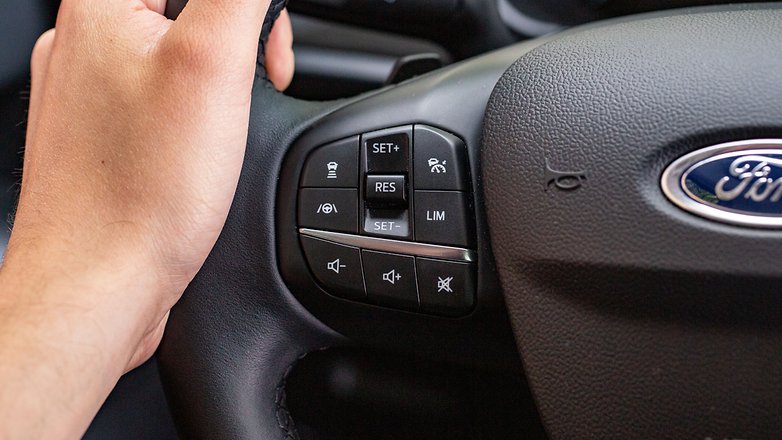
The Adaptive Cruise Control works well, especially on long stretches of straight road. I used it on both the German autobahn and in the city of Berlin. I was not as impressed with the Lane Centering feature, which struggles with complicated inner-city systems where lanes can merge out of nowhere or disappear completely.
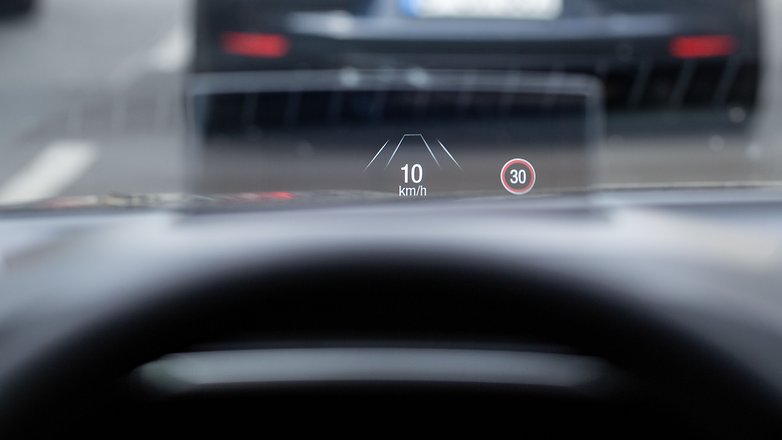
In fact, I initially didn't realize that this was an autonomous feature whereby the car will automatically steer to keep you in your lane, it thought it was alert based. That gives you an idea of how much confidence I had that the car would correct its line by itself.
Blind Spot Information System (BLIS)
The idea behind this one is to take away the stress of manually checking your blind spot when changing lanes on the motorway or pulling out of parking spots where you view is restricted. Ford calls the later its Cross-Traffic Alert system, but essentially is the same system of sensors that can detect cars or large objects around you.
The BLIS system works well, and saved me once when pulling out of a tight parking spot where a car was driving past a high speed and I hadn’t seen it. As for changing lanes on the motorway, I found it takes a little bravery and practice to get used to not manually checking your blind spot and instead relying on the system. It’s certainly easier on your neck to let the car handle it, once you get used to it though.
Auto High-Beam Headlamps
The Ford Focus has a sensor at the top of the windscreen that can detect the lighting conditions outside of the car. This allows a feature to automatically turn on the headlights when it gets dark. The system will also automatically activate full beam when there are no street lamps, and even dim them when it senses an oncoming car.
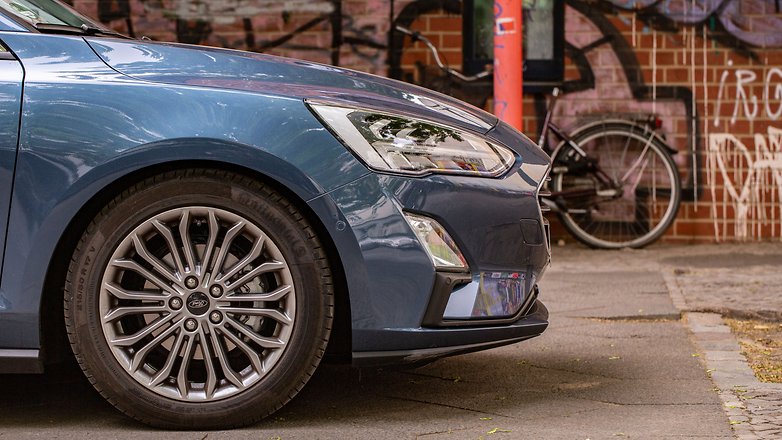
I was at the wheel when this system kicked in for the first time. It also changes the display in the car to switch to a kind of night mode for easier viewing in the dark. The wipers also kick in automatically when it starts raining. Full marks for this one.
The one we couldn’t test
There is one fascinating feature of Ford’s Co-Pilot360 system that I couldn't test. Evasive Steering Assist, a feature which allows the car to avoid a potential collision by providing steering assistance, is only available on select models, and is not the kind of thing you really want to test intentionally. I should add that this is not a fully autonomous feature, in the same vein as the Tesla we saw making an emergency swerve last week, but rather a system that identifies the danger and adds extra steering support and warnings to help the driver avoid the crash.
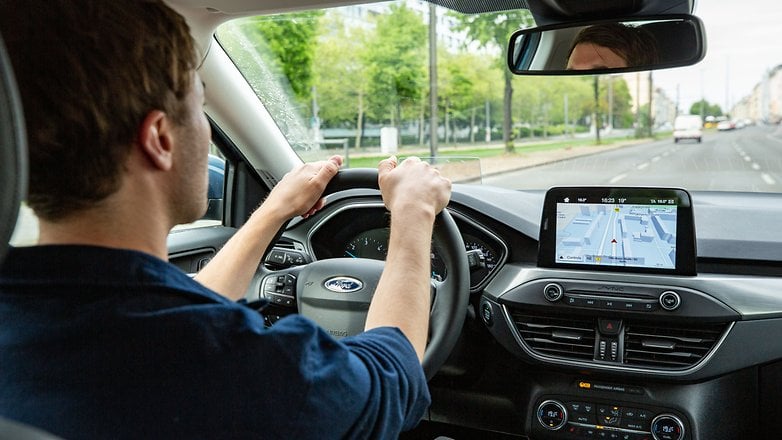
Sync 3 - the smart software side of Ford
The central control hub of all of this new tech is the third generation of Ford’s Sync infotainment system. A capacitive touchscreen becomes your main source of controlling all of the navigational and audio features of Sync 3, and some enhanced features are on board compared to previous generations.
Easy Destination Entry, which makes it easier to find points of interest such a ATMs, works a bit like Google Maps. You can search for certain types of restaurants, or your favorite coffee chain nearby, as well as punching in a postcode to navigate to your destination just like you would on more basic in-car satellite navigation systems.
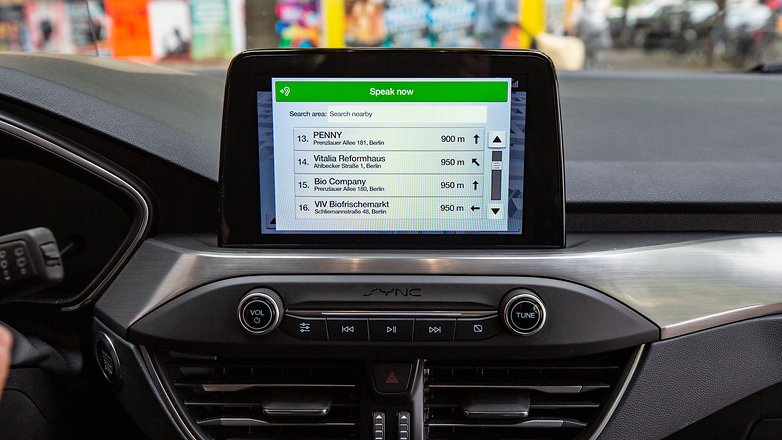
There’s also a heads-up display just above the steering wheel, matching your line of sight, that shows where lanes are, the current speed limit, your current speed, and the sensors on the vehicle can detect cars in front and behind yours, and give you a yellow or red warning sign if you are currently too close. It adapts to your speeds, taking into account the change in stopping distance, which is cool.
Overall, I found the system useful. Navigation was a breeze and the heads-up display was especially useful on Germany’s autobahns, where the speed limit can switch between 80 km/h, to 120km/h to completely unrestricted at seemingly random intervals. You’ll also be notified any time you drive at speeds of more than 10 percent above the restriction.
An AppLink feature allows you to voice-control compatible mobile apps. You can also access them through the touchscreen in the car. It works fine, but the list of supported apps is quite limited.
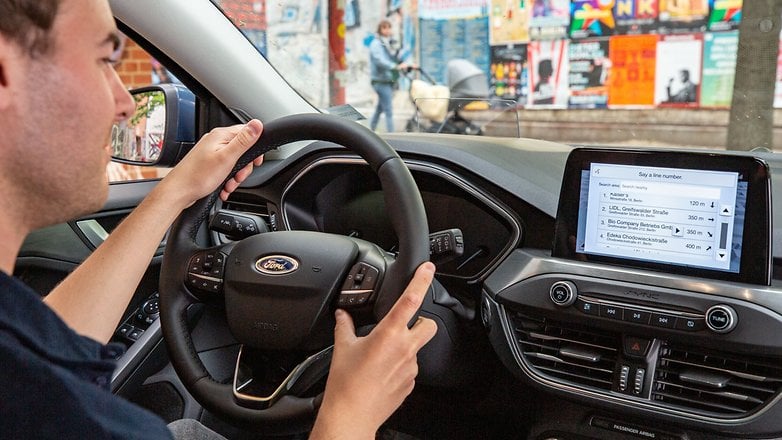
Pairing a smartphone via Bluetooth for audio playback was quick and easy. On a long journey, both I and passenger had our smartphones paired, and could switch between my Spotify account and her YouTube Music with just a couple of taps of the display.
There’s also a Ford+Alexa app that brings Amazon’s assistant to Sync 3. Nice to have, I guess, but I didn’t find any particular use for it. The native voice recognition in Sync 3 is good enough to suffice. In fact, the Sync 3 voice commands responded more quickly and accurately than even Google Assistant during my tests, and you don’t have to say “ok, Google” at the start of each new command.
Android Auto integration
Sync 3 also supports Android Auto. Essentially, you can use the touchscreen in the Ford as if it were your smartphone running Android Auto. You’ll need the latest version of Android Auto on your phone, of course, as well as all of the other apps it draws on such as Maps and Play Music etc.
You need to connect your phone via a USB cable to get this to work. There’s a load of safety conditions to accept and you’ll have to manually enable Android Auto from the Sync 3 settings, but once you are set up you can enjoy the full Android Auto experience and all of the features it is capable of, directly from your dashboard. There’s also a wireless charging pad directly under the display, and right next to where the USB port is, so you won’t need to worry about your phone dying whilst it is connected - proving it supports wireless charging of course. It will also charge when plugged into the USB port too, of course.
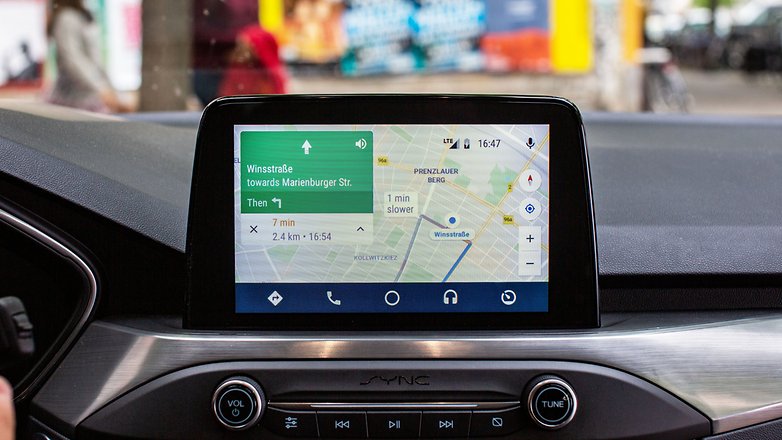
The biggest problem with this feature is that it still feels too disjointed. When you have Android Auto activated, you’ll lose some of the unique Sync 3 features such as AppLink and the advanced navigation search. There is an option to Return to Sync in the Android Auto app which allows you to integrate the two, at least a little. You can use audio, phone and Google Maps, for example, from the Sync UI. It’s not really deep enough to feel like a true merger of the systems, however. You also get that stretched screen effect, similar to when you use a smartphone app on a tablet, when using Android Auto on the larger display in the car. It’s not a big issue, but it’s not pretty either.
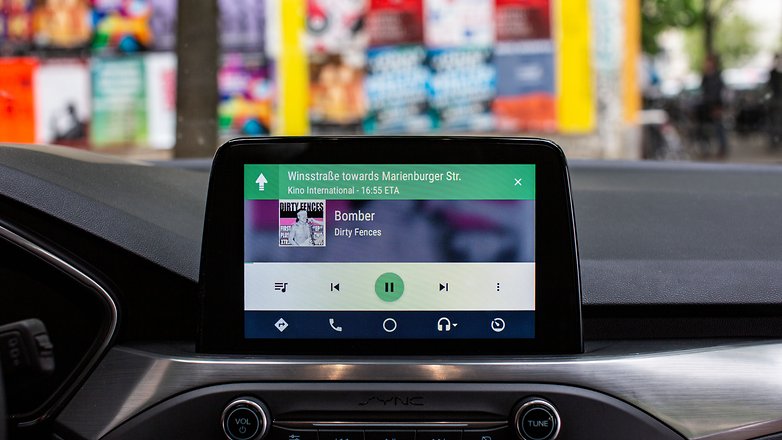
Rather than a single ecosystem, I felt that too often I was spinning too many plates at once. This is not what you want when you are driving, where doing anything other than piloting the vehicle is a secondary focus. Android Auto and Sync 3 both have their strengths and weaknesses, and rather than feeling like you are getting the best of both worlds, you feel like you have to choose between one or the other.
Ford is definitely on the right track here. The range of smart and full or semi-autonomous features is growing and growing, and each one is cleverly designed to make your life a little easier behind the wheel. I like where this is going, and I can't wait for things to feel a little more homogeneous.

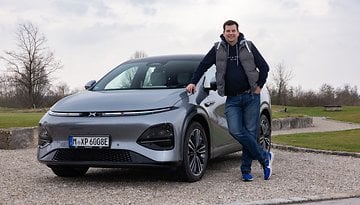
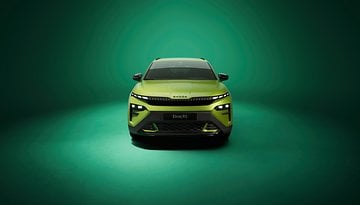

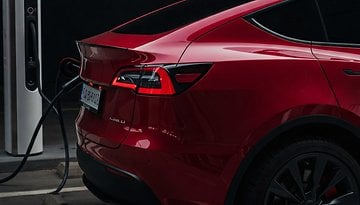

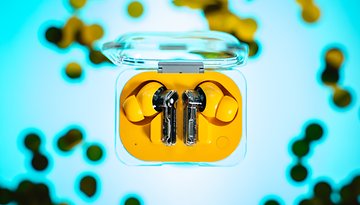
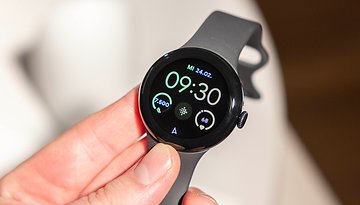






Stress? If you are stressed while driving, perhaps you shouldn't be driving. I've driven in large cities (Dallas, Chicago, Detroit, St. Louis) and small cities, towns. From flat roads to winding curving roads in hills & mountains. As long as I have my streaming, MP3's to listen to, I actually ENJOY driving. So much so, that I refuse to drive an automatic transmission. Stick, clutch or nothing! :)
All of this "automation" is a distraction. Your FOCUS should be on the road, not the technology.